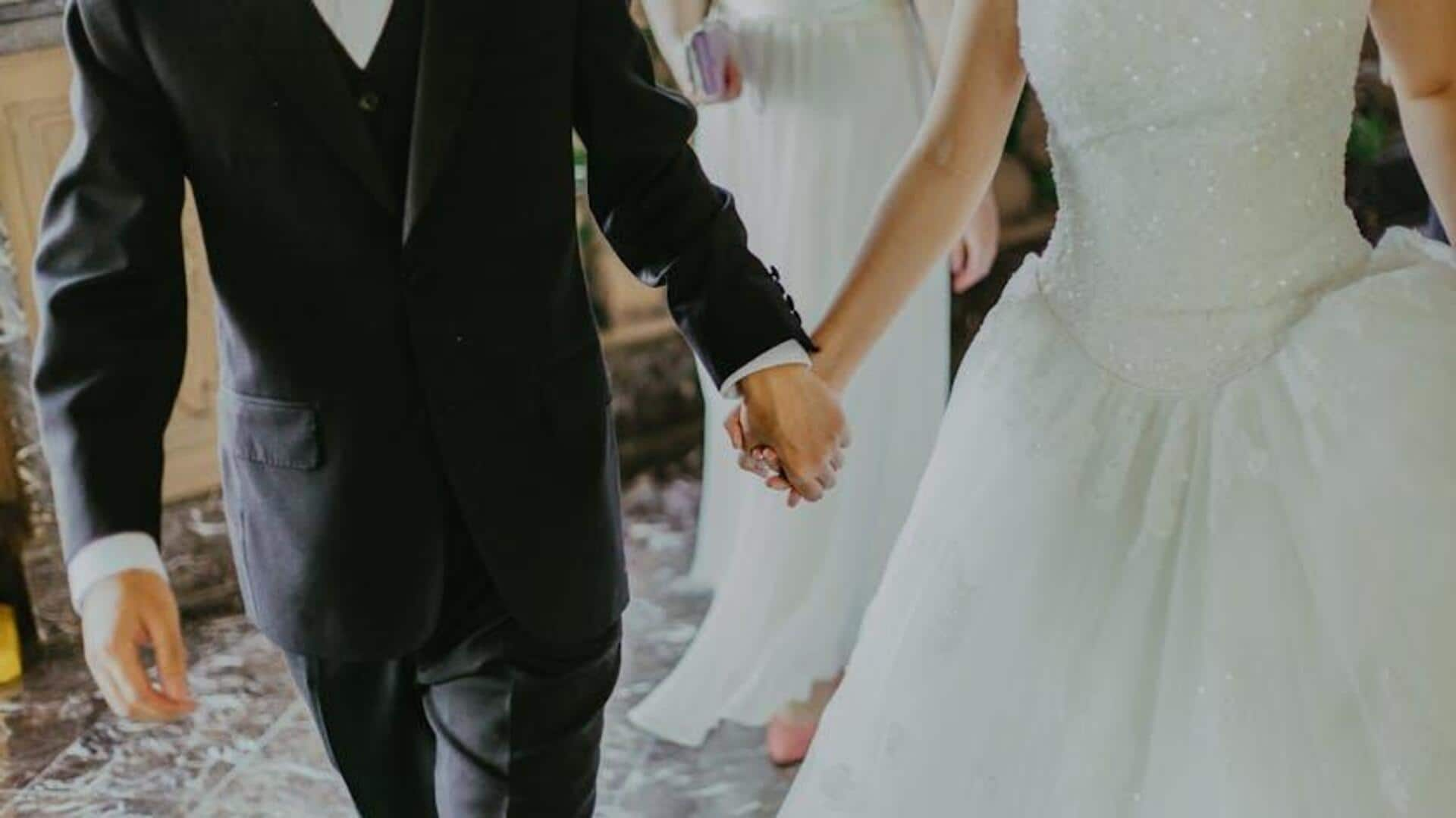
Polynesian wedding traditions: 5 rituals you'll love
What's the story
Polynesian weddings are steeped in rich traditions and cultural significance, offering unique rituals that have been passed down through generations. These ceremonies often reflect the values and beliefs of Polynesian communities, emphasizing family, community, and connection to nature. From symbolic attire to meaningful exchanges, these traditions provide a glimpse into the vibrant cultural heritage of the region. Here are five unique Polynesian wedding rituals that showcase this rich cultural tapestry.
#1
The significance of lei exchanges
In Polynesian weddings, exchanging leis is a beautiful ritual that symbolizes love and respect. The couple wears leis as a sign of their commitment to each other. The act is also a way to welcome guests and honor them for being a part of the special day. Each lei is usually made from local flowers or plants, adding to the ceremony's natural beauty.
#2
Traditional attire with cultural symbols
Traditional attire at Polynesian weddings is rich in cultural symbolism. The bride may wear a tapa cloth dress or a muumuu, while the groom might don a malo or lavalava. These garments are often adorned with patterns that represent family lineage or tribal affiliation. Wearing these clothes connects couples to their ancestors and heritage.
#3
The role of family in ceremonies
Family plays an integral role in Polynesian wedding ceremonies. Often, extended family members participate actively in rituals such as blessing the couple or presenting gifts known as kahu. This involvement emphasizes community bonds and mutual support among relatives during this significant life event.
#4
Blessings from elders as a tradition
Elders hold an esteemed place in Polynesian culture, particularly during weddings where they offer blessings to the couple. These blessings are meant to ensure prosperity, health, and happiness in their marriage. The words spoken by elders are often steeped in tradition and carry immense weight for both families involved.
#5
Dance as an expression of unity
Dance is an integral part of Polynesian wedding celebrations, symbolizing unity between two families coming together as one. Hula or other traditional dances may be performed by members from either side, showcasing stories related to love or history unique only within each community's context. This adds vibrancy, joyfulness, and rhythmical movement, celebrating newlyweds' union.